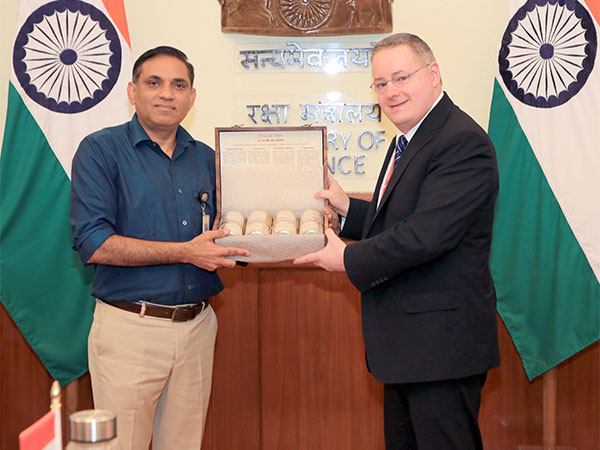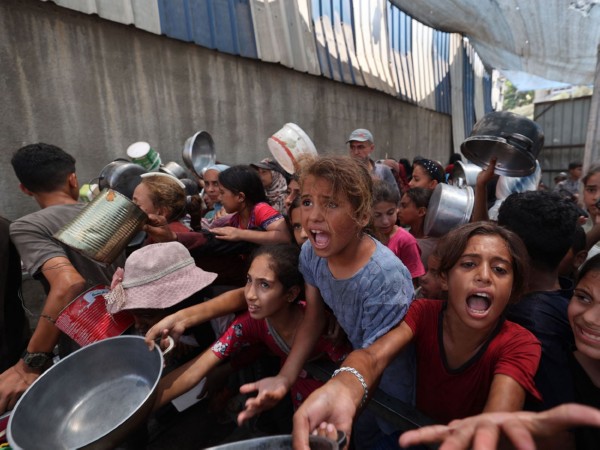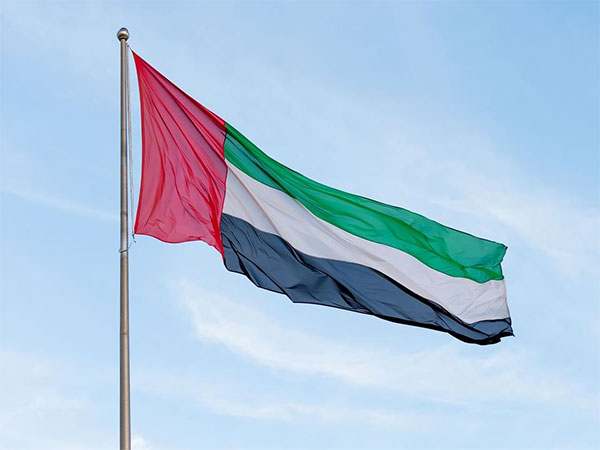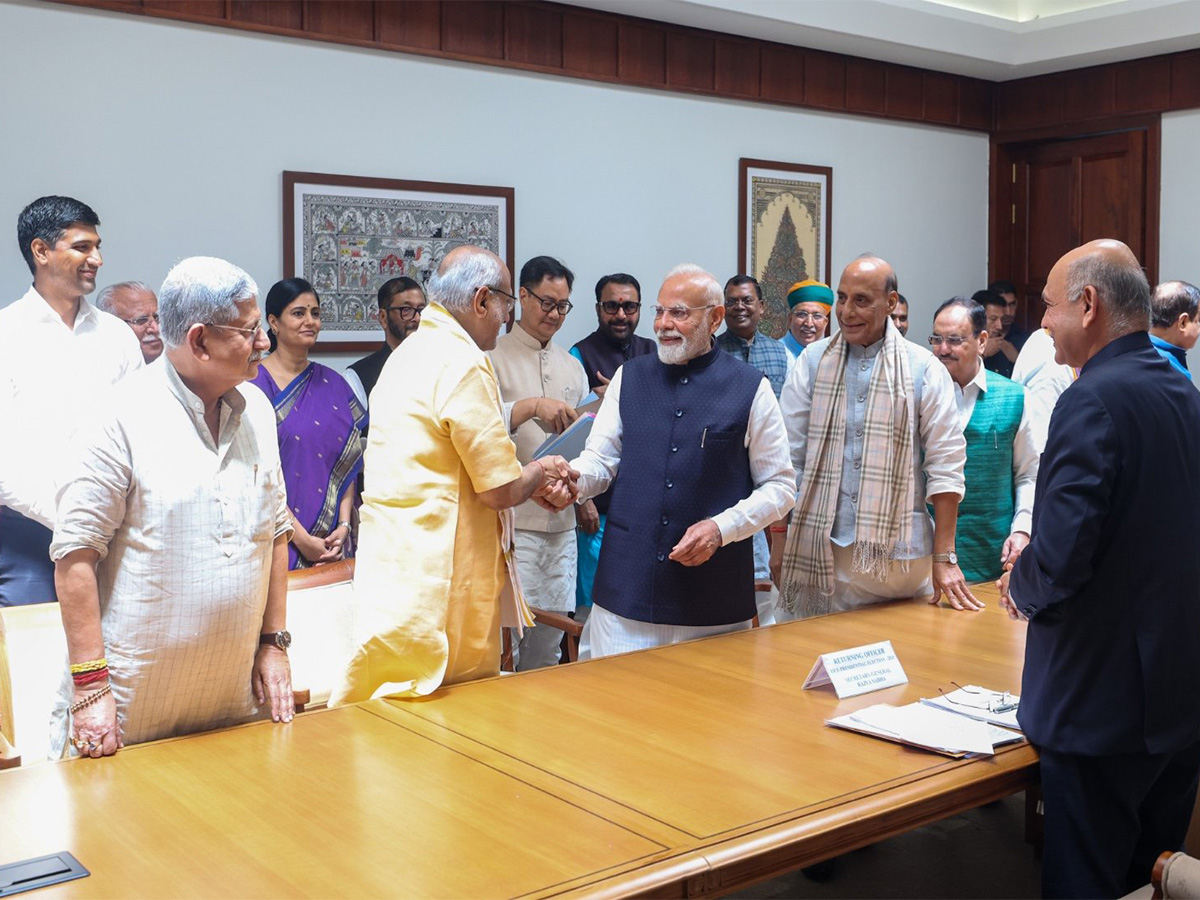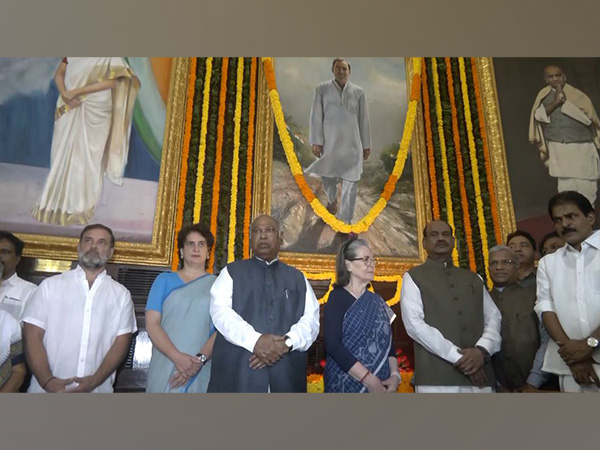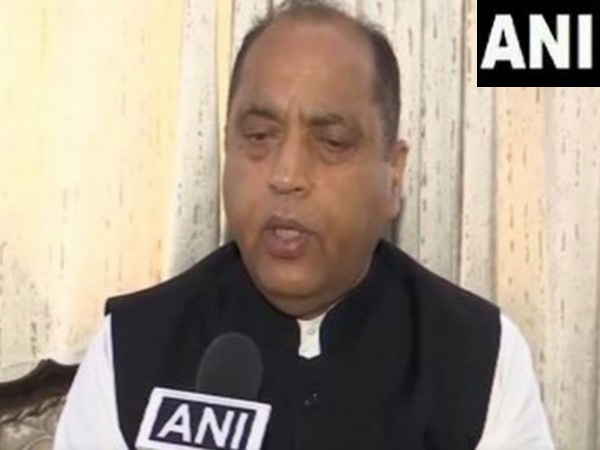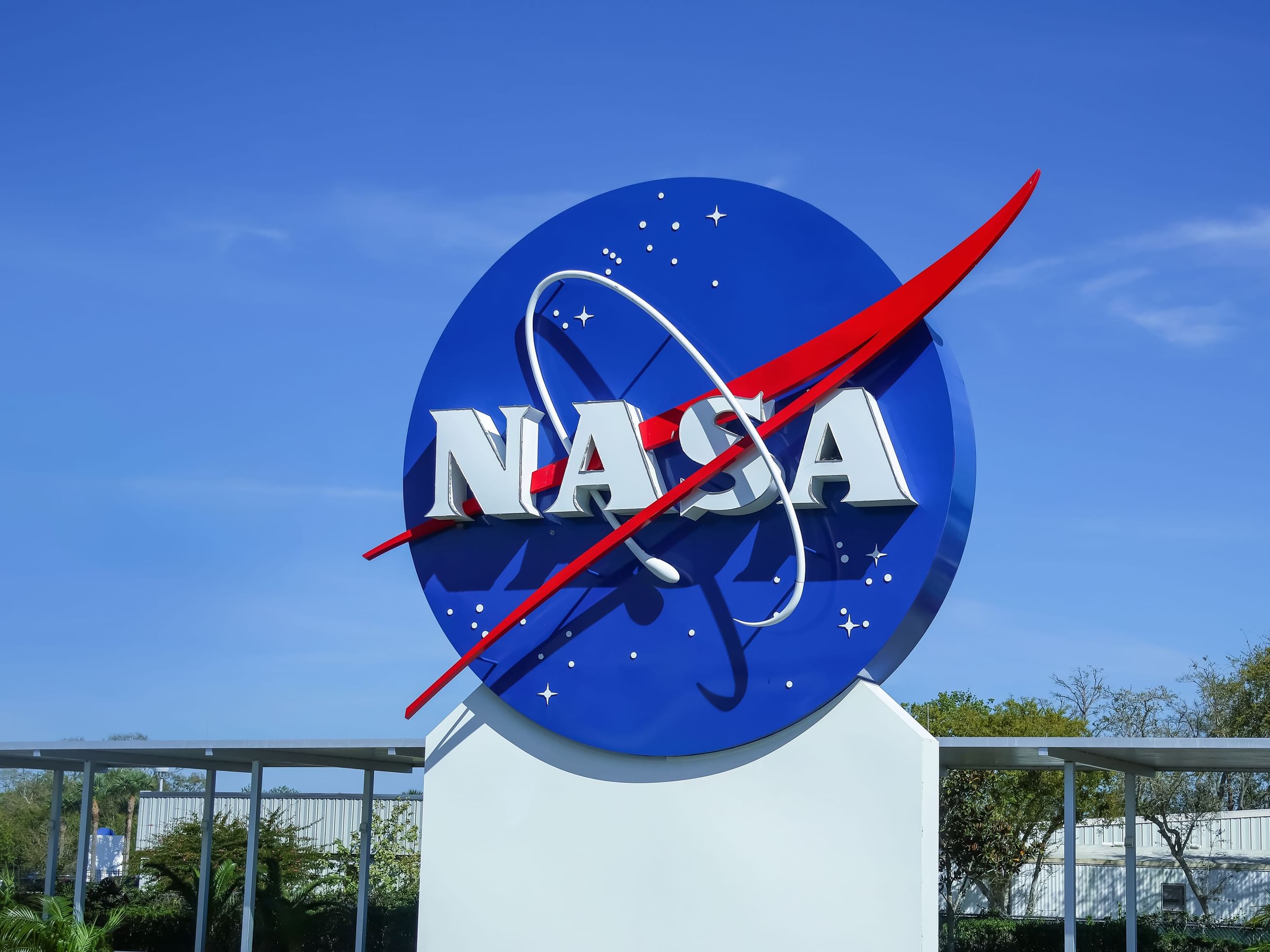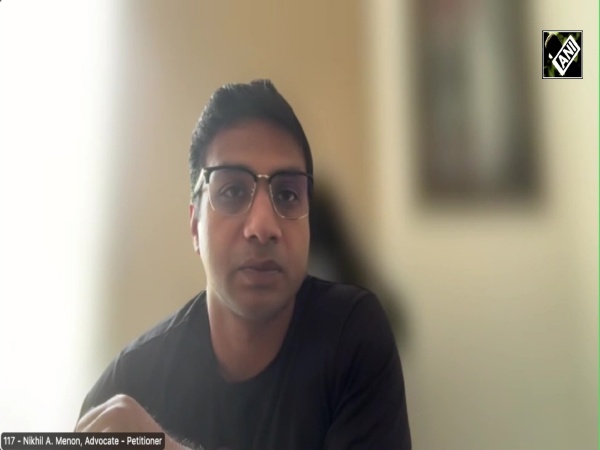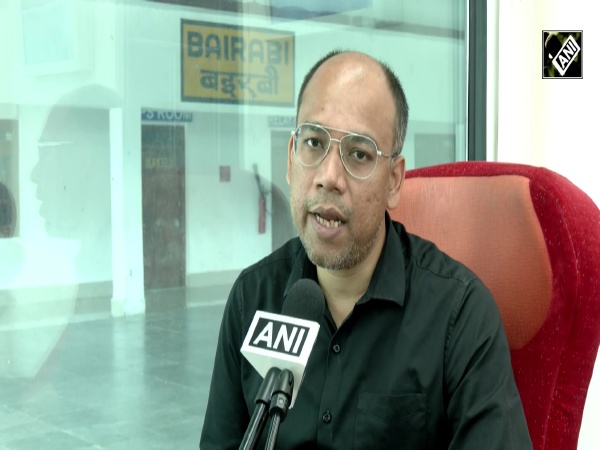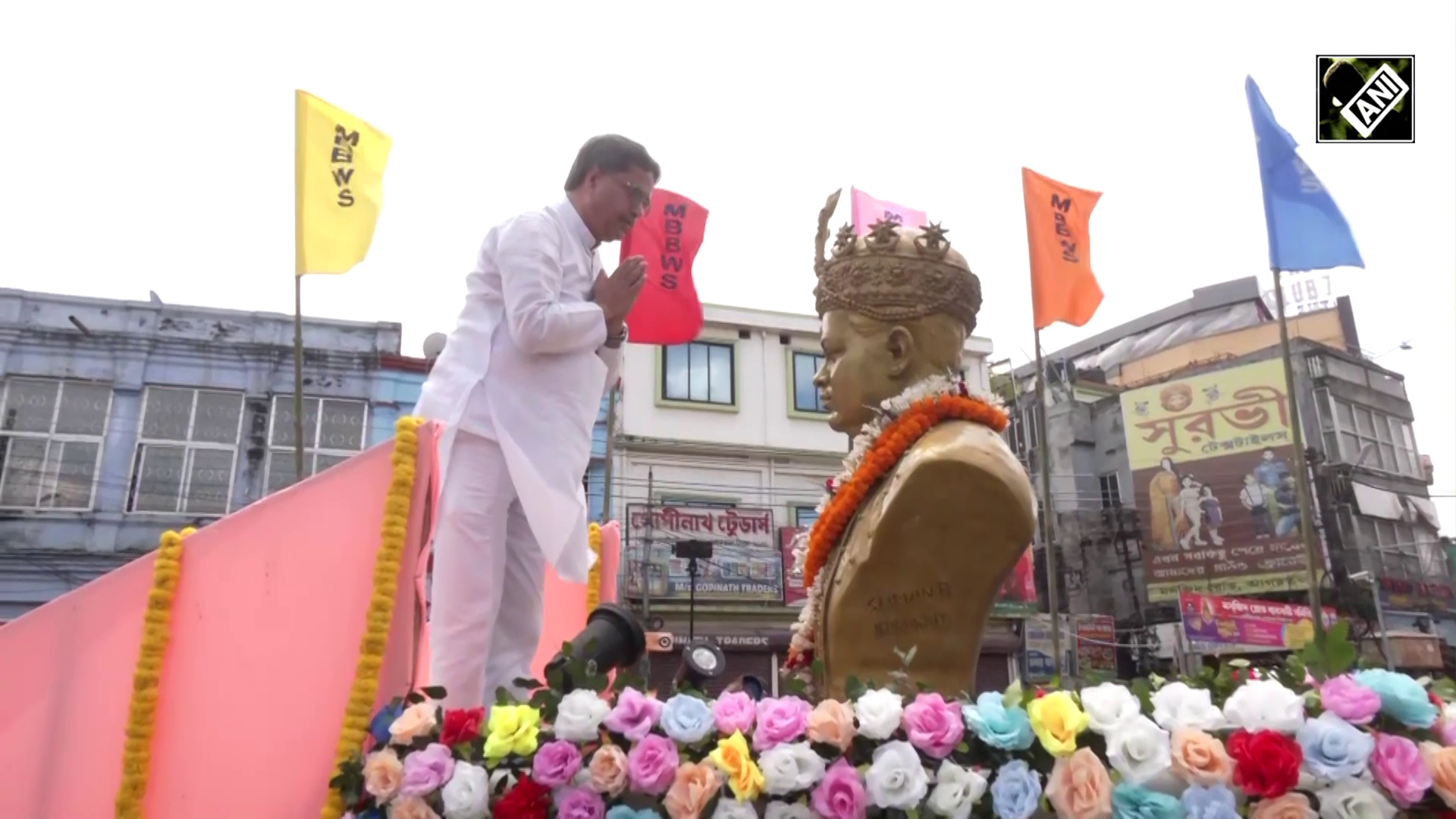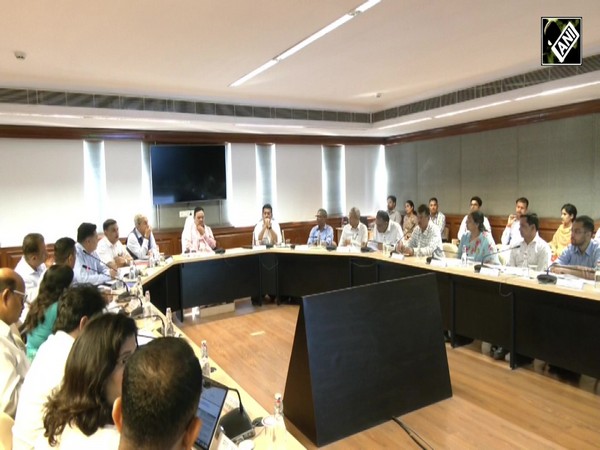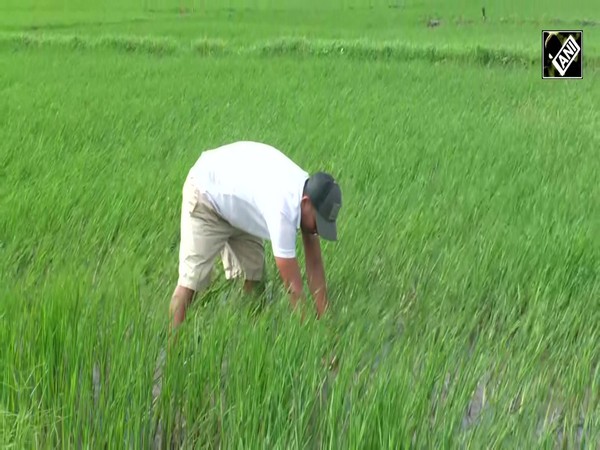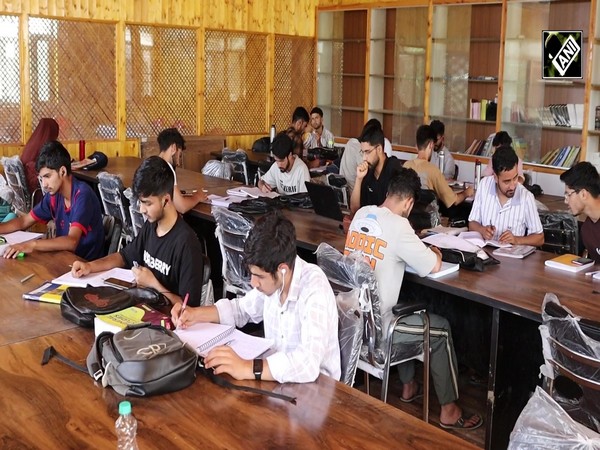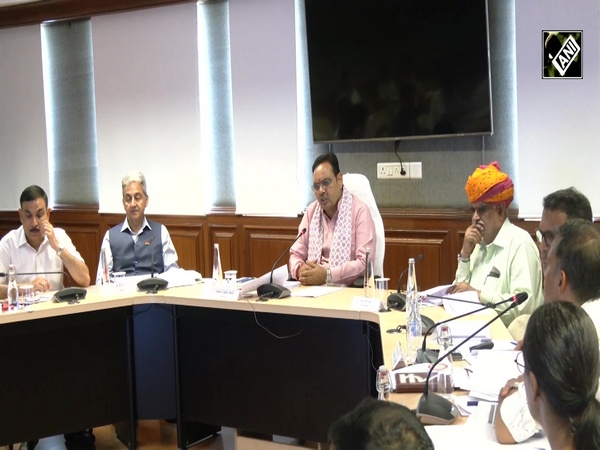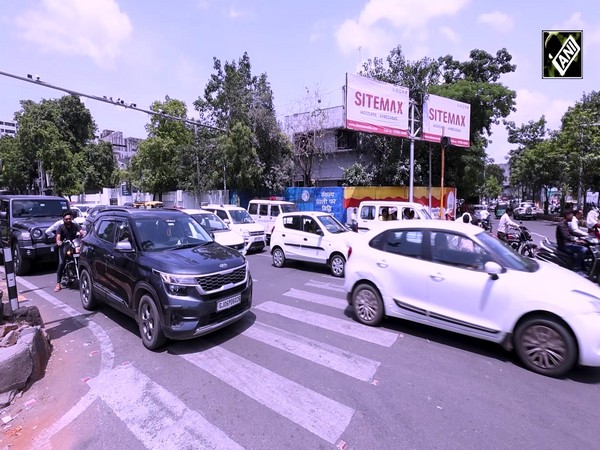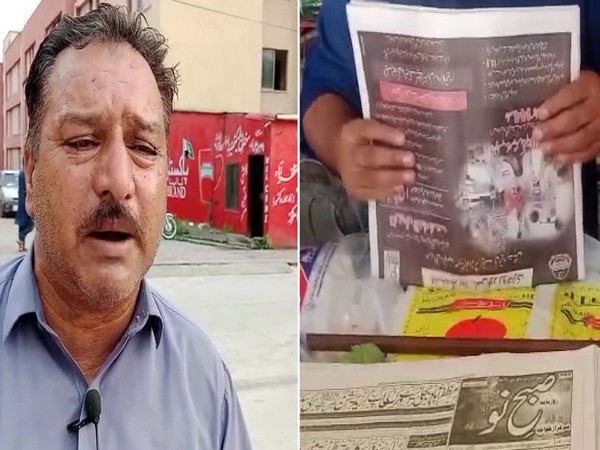'What unites us is common devotion to Indian Ocean's well-being': EAM Jaishankar at Indian Ocean Conference
Feb 16, 2025

Muscat [Oman], February 16 : Emphasising the need for increased connectivity amid ongoing tensions in West Asia and the Indo-Pacific, External Affairs Minister S Jaishankar elaborated on the contributions of India in this regard, particularly pointing to the
The Foreign Minister was delivering the keynote address at the 8th Indian Ocean Conference in Muscat, Oman, on Saturday.
He said that India is rapidly strengthening its own capabilities and forging partnerships with Indian Ocean neighbours, but is also shouldering responsibilities, stepping up in times of trouble and providing leadership where required.
https://x.com/DrSJaishankar/status/1891062356693692891
Stating that the countries are diverse in terms of history, geography, development, politics or culture, the Foreign Minister said that they can be united over the common devotion to the well-being of the Indian Ocean region.
Addressing the event, Jaishankar said, "Our voyage to new horizons is best done as a coordinated flotilla of the Indian Ocean. We are understandably a diverse group in terms of history, geography, development, politics or culture. But what unites us is a common devotion to the well-being of the Indian Ocean region. In a volatile and uncertain era, we seek stability and security as the baseline. But beyond that, there are ambitions and aspirations that we strive to achieve. They will be easier reached when we look out for each other, supplement our strengths and coordinate our policies. I can assure you all that India will be in the forefront of these endeavours."
He also presented a 10-point outline to describe India's contributions in this regard. He highlighted how India served as a major source of vaccines, medicines, food, fuel and fertilizer for others during the Covid pandemic.
"One, Stabilising economies and societies under stress would surely rank among the most important. As the impact of COVID and conflict unfolded, India was the source of vaccines, medicines, food, fuel and fertilizer for many others. The biggest commitment it made was to Sri Lanka - a financial package of USD 4 billion to stabilize its economy that had slid into a crisis," Jaishankar said.
He further highlighted the India--Middle East--Europe Economic Corridor (IMEC), the India-Myanmar Thailand Trilateral Highway (IMTT), and the International North-South Transport Corridor (INSTC) as some of the key collaborative connectivity initiatives.
"Two, the India - Middle East - Europe Economic Corridor (IMEC) and the India Myanmar Thailand Trilateral Highway (IMTT) would be among the two key collaborative connectivity initiatives under consideration. The International North-South Transport Corridor (INSTC) is another significant example. India is obviously the common element in all of them. IMEC and INSTC have an explicit maritime segment, while the IMTT would provide a land link between India and the Pacific," he further said.
The Foreign Minister emphasised how India has actively acted as the First Responder in the Indian Ocean region and has also been active in encouraging plurilateral cooperation.
"Three, we have increasingly been active in a First Responder mode in the Indian Ocean region. This could be the conflict in Yemen, natural disasters in Mozambique, Sri Lanka or Myanmar, earthquake in Nepal and Turkiye or a water crisis in the Maldives. Both off Mauritius and Sri Lanka, India has responded to significant oil spills," Jaishankar said.
He added, "Four, recognizing that an institutional response is required for disaster situations, India has been active in encouraging plurilateral cooperation. The most notable of these is the Quad initiative, which encourages interoperability and cooperation for such contingencies. Similarly, the ReCAAP centre at Singapore to which India contributes helps address the challenge of piracy."
Jaishankar stressed the importance of a common operating picture as well as shared platforms amid threats in the maritime domain.
"Five, in a world of increasing traditional and non - traditional threats in the maritime domain, it is essential that there is a common operating picture as well as shared platforms. The International Fusion Centre located outside Delhi aims to do just that. By establishing coastal surveillance radars and partnering on White Shipping agreements, maritime traffic is made safer and more secure for our collective benefit," he said.
"Six, it is unfortunately not just enough to prepare or even prevent. Extreme situations sometimes require a robust countering, including through the deployment of naval forces. For more than a year now, India has been doing precisely that in the Northern Arabian Sea and Gulf of Aden. Today, we are seeing some improvement in maritime safety and security as a result of such coordinated responses," the EAM added.
The Foreign Minister also highlighted how the Indian Navy is working to train and equip other navies and coast guards.
"Seven, training and equipping other navies and coast guards is a natural extension of this approach. India has such collaboration with a range of countries, from Vietnam to Mauritius and Mozambique to Sri Lanka," Jaishankar said.
"Eight, ensuring trusted communication in a digital era is a crucial national security objective for many of us. This is a task too big to be attempted by most individual nations. Participating in consortiums is therefore an inevitable outcome. Both as government and as vendor, India is contributing its fair share and more in this regard. The visit just concluded of PM Modi to the US highlighted this particular dimension," he added.
He further pointed towards a growing realization that distance cannot be a justification for agnosticism on matters key to global welfare. He added that harmonising the resident and non-resident powers in the Indo-Pacific is a challenge that India is "well-placed" to address.
The EAM also pointed out that India has been 'energetic' in building institutions like the BIMSTEC, Indian Ocean Rim Association (IORA) and the Indian Ocean Naval Symposium (IONS).
"Nine, in a globalized world, there is a growing realization that distance cannot be a justification for agnosticism on matters key to global welfare. As a result, the Indo-Pacific is experiencing activity of both resident and non-resident powers. Harmonizing them is a challenge that India, in particular, is well placed to address. It has the confidence of the Global South as well as the credentials to engage major powers. We strive to ensure that agendas alien to our ethos and outlook are not inserted in the region. And equally encourage respect for UNCLOS in both spirit and letter," Jaishankar said.
He added, "And finally tenth, India has been energetic in institution-building in the Indian Ocean region. We have the Indian Ocean Rim Association (IORA) whose current Secretary-General is a senior Indian diplomat. We have BIMSTEC, whose SG is here today. We look forward to the BIMSTEC Summit soon. There is the Indian Ocean Naval Symposium (IONS), which is a productive conclave of naval representatives. There is the Colombo Security Conclave and there is the India Indo-Pacific Oceans Initiative. And of course, we have the Indian Ocean Conference itself, which brings together so many stakeholders at various levels.
